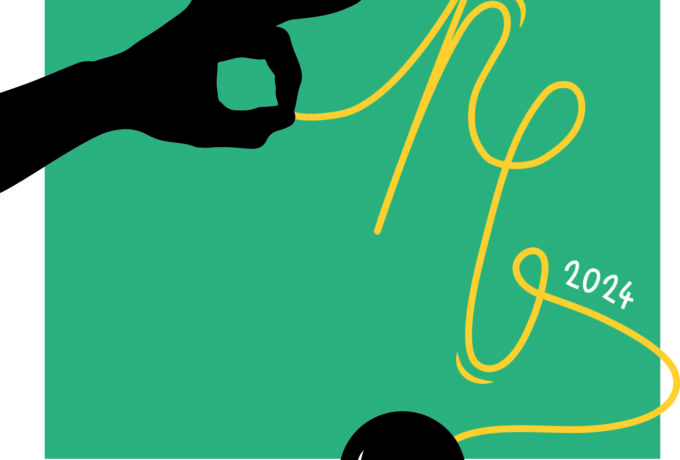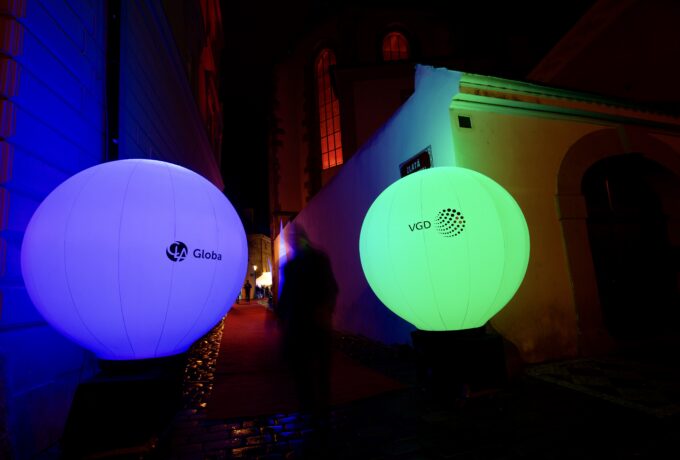WE ARE VGD
Let's talk
news
News
Tax and Accounting News in Connection with the Consolidation Package
19. 12. 2023|Veronika Svobodová
Full article
Celebration of the 30th anniversary of the hiring of the 1st employee in the VGD group
20. 11. 2023|Simona Kratochvílová
Full article
Amendment of the labour code – which changes is it going to bring?
25. 9. 2023|Simona Kratochvílová
Full article









